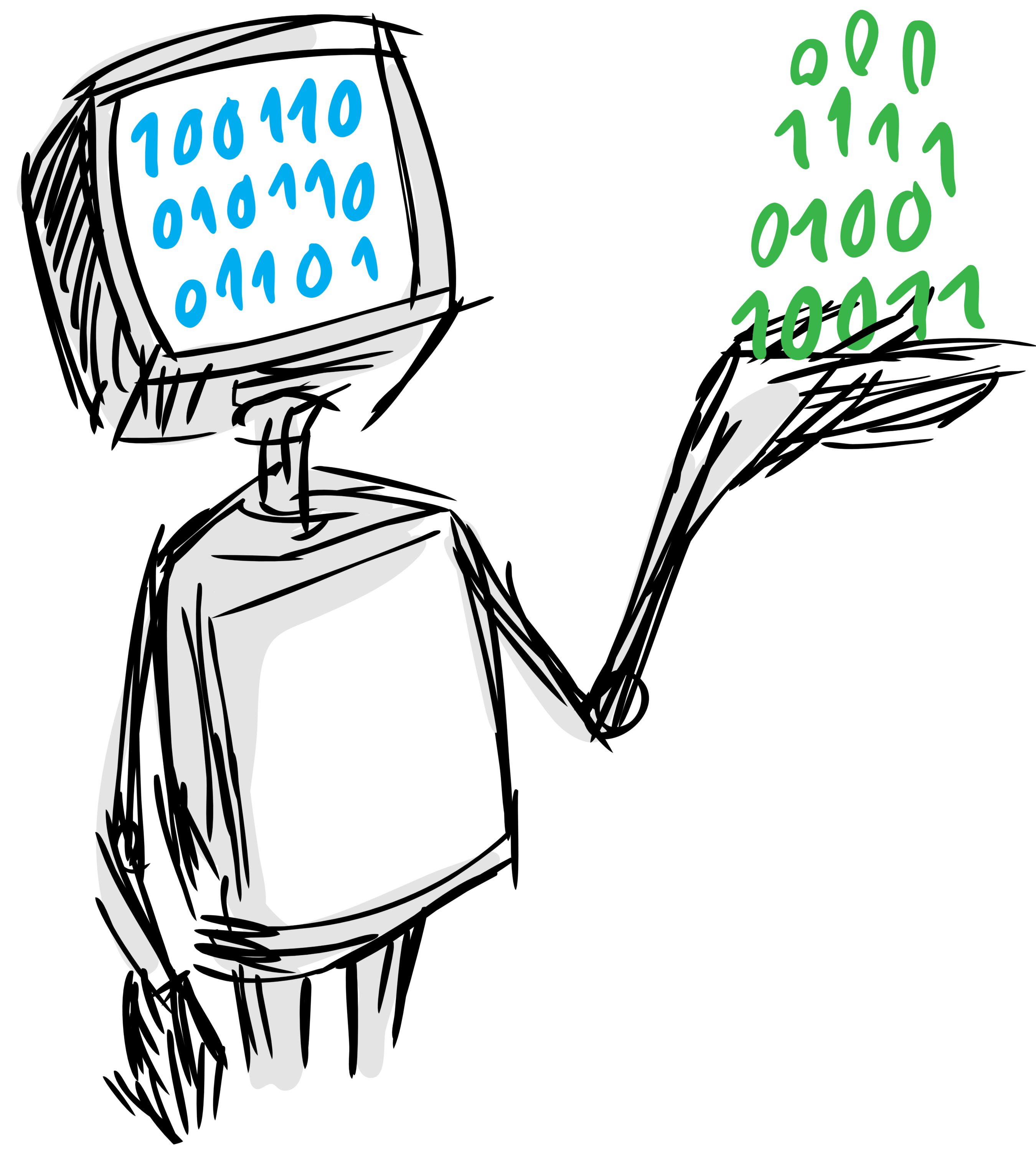
- License: MIT
- Development Status: Pre-Alpha
- Documentation: https://sdv-dev.github.io/Copulas
- Homepage: https://github.com/sdv-dev/Copulas
Copulas is a python library for building multivariate distributuions using
copulas and using them
for sampling. In short, you give a table of numerical data without missing values as a
2-dimensional numpy.ndarray and copulas models its distribution and using it to generate
new records, or analyze its statistical properties.
This repository contains multiple implementations of bivariate and multivariate copulas, further functionality include:
- Most usual statistical functions from the underlying distribution.
- Built-in inverse-transform sampling method.
- Easy save and load of models.
- Create copulas directly from their parameters.
- Clayton
- Frank
- Gumbel
- Independence
- Gaussian [+ info]
- D-Vine
- C-Vine
- R-Vine
Copulas has been developed and tested on Python 3.5, and 3.6
Also, although it is not strictly required, the usage of a virtualenv is highly recommended in order to avoid interfering with other software installed in the system where Copulas is run.
These are the minimum commands needed to create a virtualenv using python3.6 for Copulas:
pip install virtualenv
virtualenv -p $(which python3.6) copulas-venvAfterwards, you have to execute this command to have the virtualenv activated:
source copulas-venv/bin/activateRemember about executing it every time you start a new console to work on Copulas!
After creating the virtualenv and activating it, we recommend using pip in order to install Copulas:
pip install copulasThis will pull and install the latest stable release from PyPi.
Alternatively, with your virtualenv activated, you can clone the repository and install it from
source by running make install on the stable branch:
git clone git@github.com:sdv-dev/Copulas.git
cd Copulas
git checkout stable
make installIf you want to contribute to the project, a few more steps are required to make the project ready for development.
First, please head to the GitHub page of the project and make a fork of the project under you own username by clicking on the fork button on the upper right corner of the page.
Afterwards, clone your fork and create a branch from master with a descriptive name that includes the number of the issue that you are going to work on:
git clone git@github.com:{your username}/Copulas.git
cd Copulas
git branch issue-xx-cool-new-feature master
git checkout issue-xx-cool-new-featureFinally, install the project with the following command, which will install some additional dependencies for code linting and testing.
make install-developMake sure to use them regularly while developing by running the commands make lint and
make test.
For more details about Copulas and all its possibilities and features, please check the documentation site.
There you can learn more about how to contribute to Copulas in order to help us developing new features or cool ideas.
Copulas is an open source project from the Data to AI Lab at MIT which has been built and maintained over the years by the following team:
- Manuel Alvarez manuel@pythiac.com
- Carles Sala carles@pythiac.com
- José David Pérez jose@pythiac.com
- (Alicia)Yi Sun yis@mit.edu
- Andrew Montanez amontane@mit.edu
- Kalyan Veeramachaneni kalyan@csail.mit.edu
- paulolimac paulolimac@gmail.com
- Kevin Alex Zhang kevz@mit.edu
SDV, for Synthetic Data Vault, is the end-user library for synthesizing data in development under the HDI Project. SDV allows you to easily model and sample relational datasets using Copulas thought a simple API. Other features include anonymization of Personal Identifiable Information (PII) and preserving relational integrity on sampled records.
TGAN is a GAN based model for synthesizing tabular data. It's also developed by the MIT's Data to AI Lab and is under active development.

